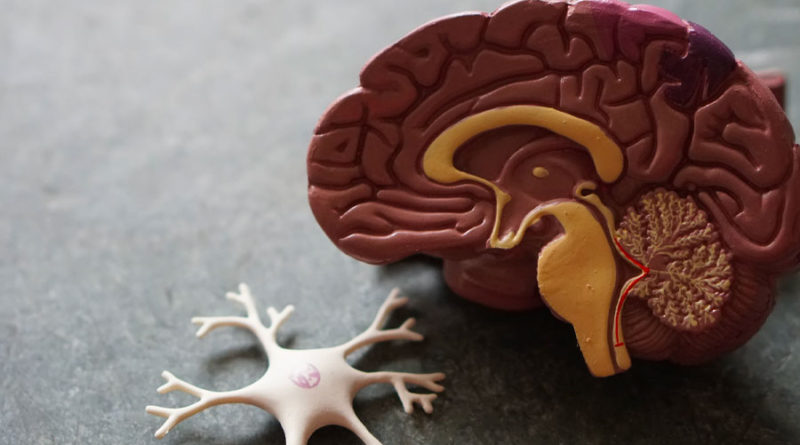Electrical Brain Stimulation
Researchers reveal that a technique known as deep electrical brain stimulation, which is used to treat certain psychiatric disorders and Parkinson’s disease, appears to provide some memory-enhancing benefits.
The researchers from the UCLA (University of California, Los Angeles) conducted the study that involved the use of electrical impulses to activate a region of the brain responsible for memory. This led to a significant improvement in the navigational ability of the study’s participants. This implied an improvement in spatial memory.
The researchers stated that even if the outcomes are still preliminary, the technique may be potentially promising for improving the memory of people suffering from early stages of Alzheimer’s disease.
The study involved seven patients with epilepsy seizure disorder who were awaiting possible surgery. Their brains were implanted with electrodes in order to detect the source of their convulsions. After the study, researchers found that they were better able to navigate routes more quickly and recognize landmarks in a video game featuring a cyber city, virtual passengers, and a taxi cab. The role of cab drivers was played by the subjects who picked up passengers and drove them to one of six designated shops in the city.
The researchers stated that the improvement was brought about by the stimulation of the area of the brain deemed to be crucial transforming daily experience into lasting memories, the entorhinal cortex.
The New England Journal of Medicine published this study in Feb. 9.
During the video game test, with and without five-second periods of deep brain stimulation, the subjects learned their way around a virtual town and were also tested to see if they’re able to reach predetermined landmarks. Results show that there was a 64% decrease in “excess path length” in six of the subjects. This means that these subjects were able to find a shorter route between destinations for places that have been learned during periods of deep electrical brain stimulation which implied some form of memory improvement.
Suggesting a consistent effect from the stimulation, the study’s results also show that five patients were able to navigate each of the three stores learned during stimulation shorter and faster than when they learned to navigate the three stores without stimulation. When a part of the brain known as the hippocampus, which is next to the entorhinal cortex, was stimulated, it produced no effect whatsoever.
One important observation from the study was that the stimulation of the hippocampus was not the one the led to results but the stimulation at the gateway into the hippocampus. This was noted by the David Geffen School of Medicine UCLA, neurosurgery professor and senior study author, Dr. Itzhak Fried.
Fried also saw that preliminary outcomes show proof supporting a possible mechanism for boosting memory, especially as people suffer from early dementia or as they age.
Right now, deep electric brain stimulation is utilized to control the tremors related to Parkinson’s disease, depression, obsessive-compulsive disorder symptoms and other forms of psychiatric conditions.
Haber observed that the brain damage associated with epilepsy that can bring about memory problems, differs from the ones caused by Alzheimer’s disease, which involves the development of neurofibrillary tangles and amyloid plaques and are suspected to be some of the contributing factors to nerve cell degeneration. Therefore, these factors make it difficult to generalize the outcomes of this study to other conditions that affect memory. The study didn’t show if effects of temporary deep brain stimulation last beyond the end of the study, she noted.
Haber believes that future studies will verify the results of this study.



